Keywords: Fiction
There are more than 200 results, only the first 200 are displayed here.
-
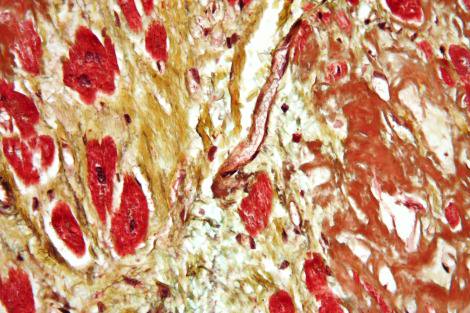
AUSTRALIA
Universal health care is an ostensibly bipartisan prerogative, but what it actually means and how it's achieved is a somewhat moveable feast. Spending, we are told, is unsustainable as the population ages and we move toward ever-more personalised and technologically-advanced treatment paradigms. The objective of this rhetoric is to rationalise the privatisation of our health system by stealth. The latest wages figures are something of an inconvenient truth in this 'unsustainable spending' fiction.
READ MORE 
-
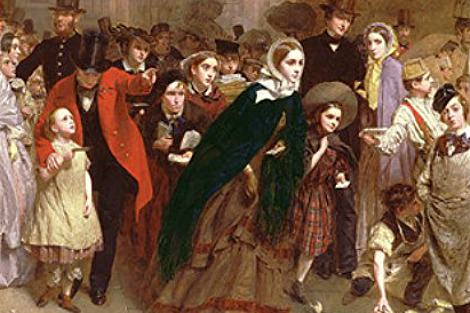
ARTS AND CULTURE
- Sarah Klenbort
- 15 June 2017
4 Comments
On a recent tour of Vaucluse House in Sydney's east, I couldn't help but notice, in every bedroom, a writing desk. I imagined Sarah Wentworth scribbling away with inkpot and pen 180 years ago. I wonder if the Wentworths went straight to their writing desks first thing in the morning, the way some people check their phones? The desire to receive news from someone somewhere else is century's old. In 1850 Tasmania had 11 newspapers, for a population of 70,000.
READ MORE 
-
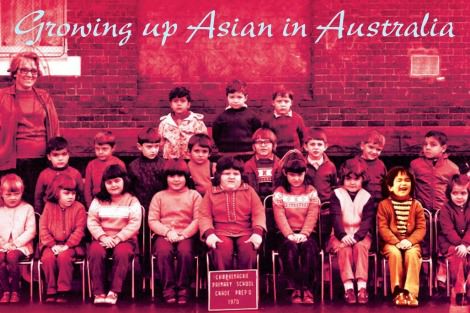
AUSTRALIA
I was told in grade nine I shouldn't bother trying out for the lead of our school play, The Wizard of Oz, because there's no way Dorothy would be Asian. Though I had no intention of trying out for the play, the fact that she told me not to bother made me arc up. The reason she gave - my incongruous Asianness - made me feel angry and ashamed. Angry because it was stupid and unfair. Ashamed because it felt somehow like it was my fault for not being white enough.
READ MORE 
-

ARTS AND CULTURE
- Tim Kroenert
- 07 June 2017
Abbie introduces Jamie to the paired liberating movements of punk rock and second-wave feminism. Both lead to illuminating experiences, from his first rock concert, use of alcohol, and kiss, to being beaten for casting aspersions on a peer's grasp of female sexual anatomy. His relationship with Julie on the other hand provides a difficult counterpoint. His peevish concern over her promiscuity is largely possessive; his theoretical understanding of women's agency falling down in the face of adolescent hormones.
READ MORE 
-
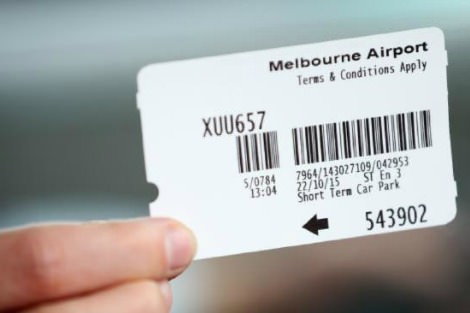
ECONOMICS
- David James
- 04 April 2017
13 Comments
It is increasingly evident how pernicious the privatisation myth is. Two recent examples have underlined it: the failings in Australia's privatised energy grid and the usurious pricing in airport car parks. Both demonstrated that it is folly to expect a public benefit to inevitably emerge from private profit seeking. The purpose of government funded public infrastructure is not to make profits but to lower the cost of doing business, sometimes called the socialisation of the means of production.
READ MORE 
-
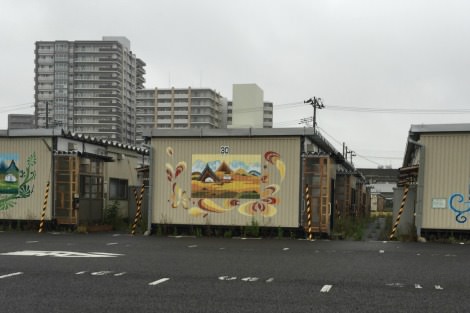
AUSTRALIA
- Pepi Ronalds
- 06 March 2017
3 Comments
This week marks the anniversary of the triple disaster (earthquake, tsunami and nuclear meltdown) that hit northern Japan on 11 March 2011. The event took over 18,000 lives, and initially displaced 470,000 people. Six years on, 127,000 are still without a permanent home. Delays have been caused by the sheer physical scope, pre-existing regulations and other restrictions. These are all understandable. What is less easy to accept are the disruptions caused by the 2020 Olympics in Tokyo.
READ MORE 
-
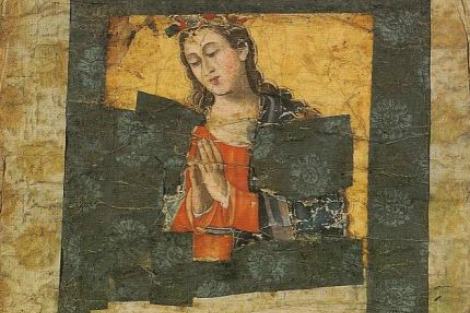
INTERNATIONAL
- Jeremy Clarke
- 22 February 2017
7 Comments
We are treated at length to Rodrigues' reflections upon the face of Christ, yet the beautiful inculturated image 'Madonna of the Snows' passes us quickly by. There are haunting local hymns yet the missionaries speak halting Japanese. The local church is served by a respected un-ordained head, who leads his fellow villagers in prayer and good works. The survival of the Japanese Catholic community rested on the feeble, faith-filled shoulders of the local women and men who kept praying even unto death.
READ MORE 
-

ARTS AND CULTURE
- Tim Kroenert
- 14 February 2017
1 Comment
There's a gag about sitting in the back of the bus, the realities of segregation dismissed with a giggle; references to university sit-ins and firebombings come via the eyes of a cartoonishly earnest character. Meanwhile the White characters are either the object of contrived sympathy, or too thinly drawn to invoke genuine menace. Accusations of 'cultural appropriation' might be uncharitable, but the short shrift given to the real, continuing hardships of Black experience raises questions about objectives and authenticity.
READ MORE 
-

ARTS AND CULTURE
- Earl Livings
- 06 February 2017
4 Comments
Narrow, pointed arch entrance, low vaulted ceiling, stone and wood panelling - here four murderers walked over 800 years ago to rid their king of a meddlesome priest. Amidst singing and candlelight at Vespers, Thomas Becket stood at the Cathedral altar, knowing the armoured knights were coming: 'Here I am, not a traitor of the King, but a priest. Why do you seek me?' After their clamouring and brandishing of hatchets and axe, he knew his fate, bent his head in submission.
READ MORE 
-
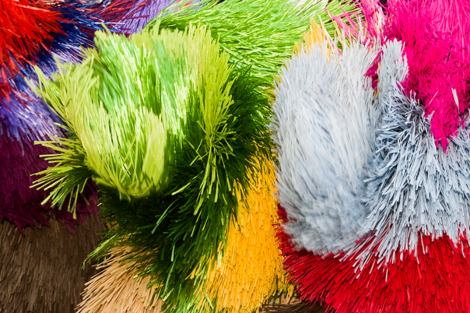
ARTS AND CULTURE
- Sarah Klenbort
- 13 December 2016
5 Comments
I will always remember the first time I saw Giacommeti's statues in in Europe. They were grotesquely thin, elongated people. Giacometti explained how he tried to make people with more flesh, but after World War II and the six million, it was impossible. And so those statues reflect the time he lived in. Queensland's Gallery of Modern Art, on the other hand, is celebrating its tenth anniversary, and has chosen fairy floss and rainbow fuzz to reflect our current society.
READ MORE 
-
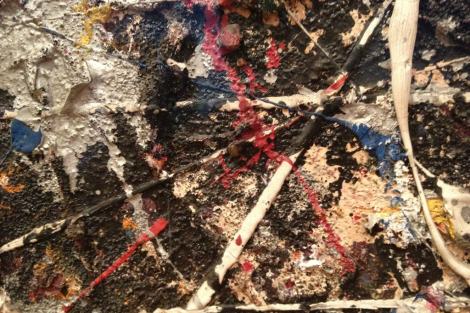
AUSTRALIA
- Ellena Savage
- 09 December 2016
4 Comments
To be in the running for a scholarship, a student must have had their abilities or potential acknowledged and rewarded within an ideological education system. Where the money comes from - and whom it is given to - informs what kinds of artwork thrives. As Didier Eribon says, 'art, culture and education are part of the mechanisms of differentiation between social classes'. And the institutional frameworks underpinning the production of artwork can lead to pernicious political outcomes.
READ MORE
-
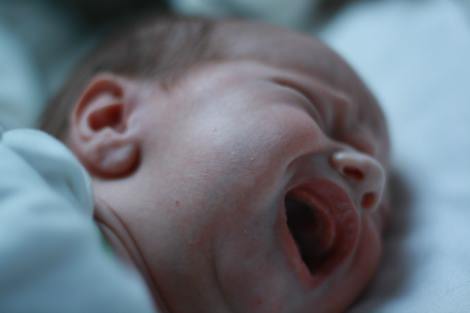
ARTS AND CULTURE
- Suvi Mahonen
- 01 December 2016
2 Comments
From the moment my newborn daughter woke me, my day became a litany of bodily requirements. Pee, drink, change nappy, feed, burp, feed, drink, soothe, pump breasts, change nappy, feed, burp, feed, soothe, eat, drink, soothe. As for healthy living? Forget it. I sucked on spoonfuls of peanut butter and ate family-sized blocks of chocolate. And if I was lucky enough to snatch a yoga stretch in between bouts of colic, it was to the tinkling melodies of her play gym rather than Sanskrit mantras.
READ MORE 